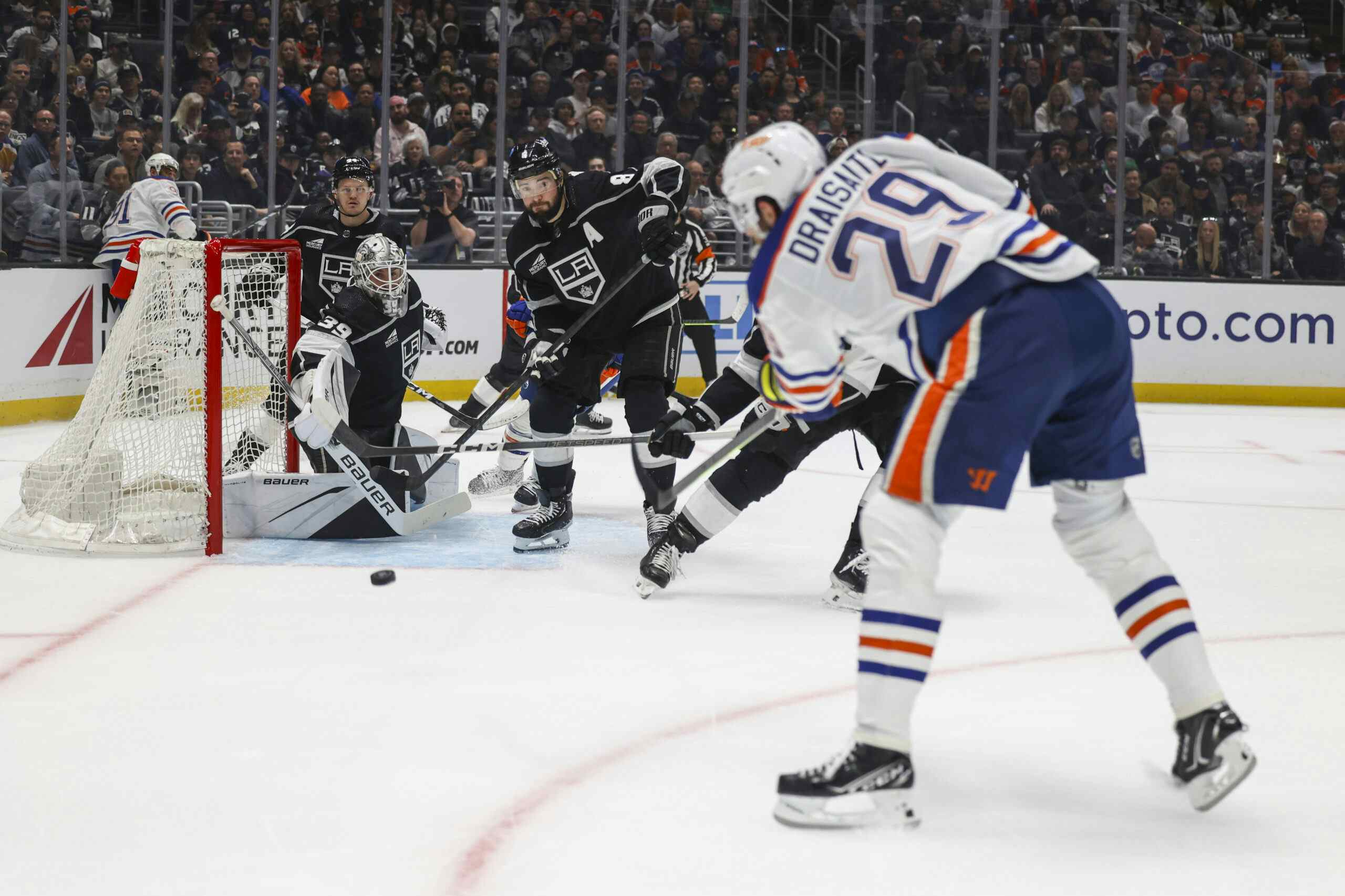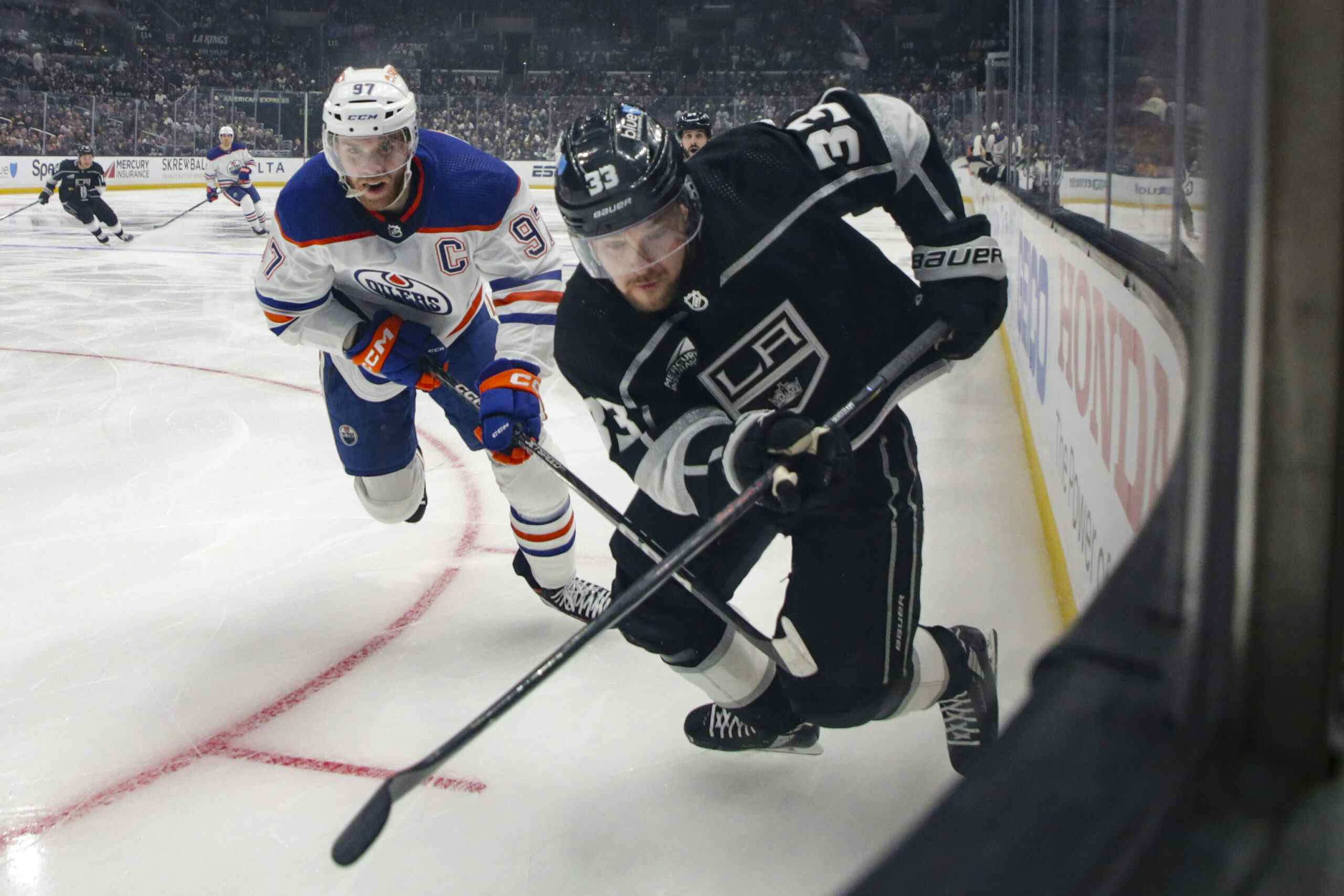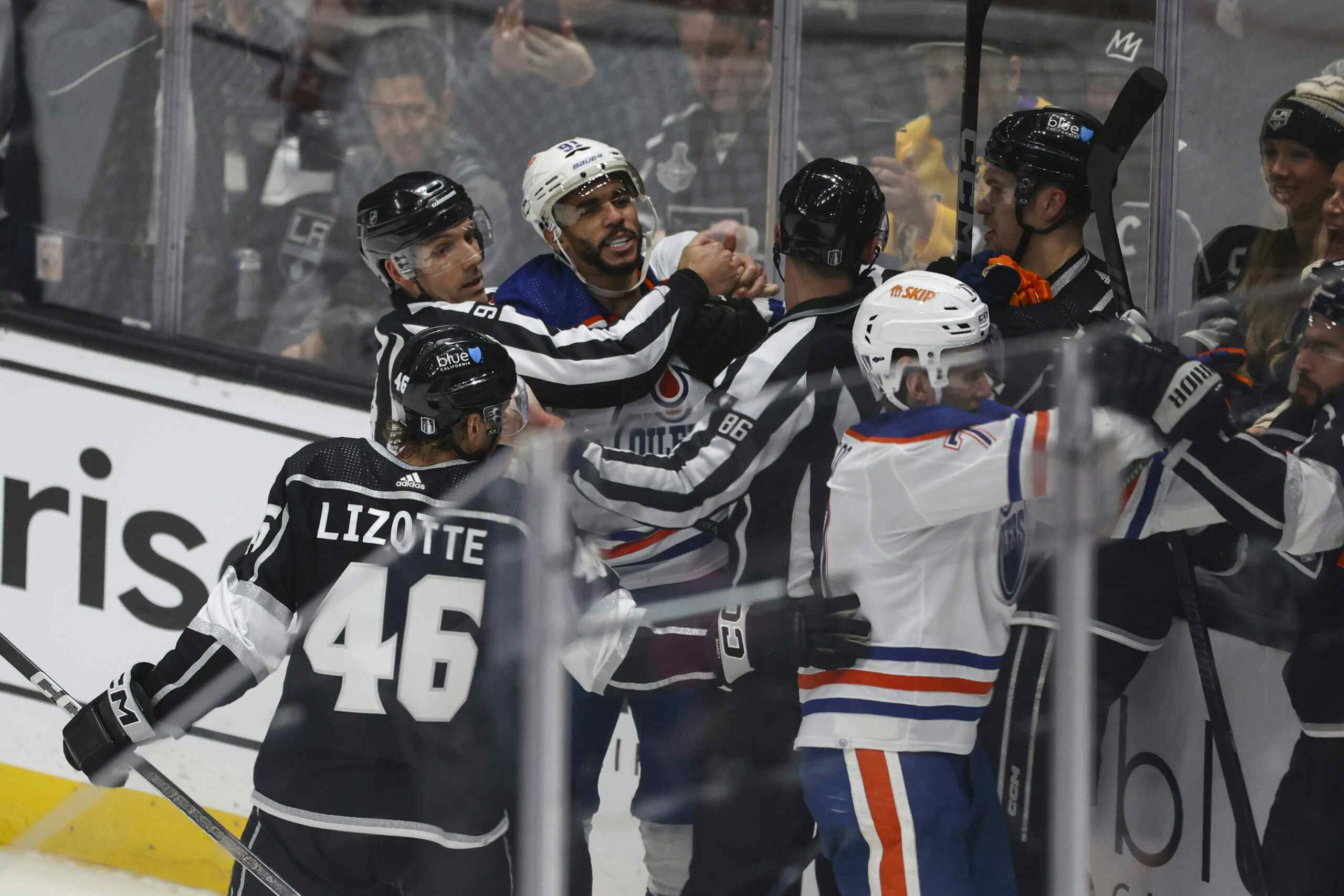Why Firing Tom Renney Would Be Asinine
Is there a problem with your NHL team? Are your players looking lackadaisical on the ice? Are you suffering through third period meltdowns, special teams inefficiencies, goaltending problems, a lack of toughness, a lack of discipline, or any other malady at all?
Some will tell you that these problems can only be solved by bringing in different players, or making carefully calculated choices that over time will improve your team. THESE PEOPLE ARE WRONG.
No, there’s a simple solution, guaranteed to cure any malady: Fire the coach!
The best part about firing the coach: you don’t need an actual reason to fire the coach. Just have an underperforming team, fire the coach, and VOILA! Not only will everything be better, but the explanations will just pour out from all corners. People will say that your coach lost the room. Is he a player’s coach, who gets along with his wards? Then he was too soft, he didn’t hold them accountable, and they tuned him out. Was he a taskmaster who held his players accountable? Than he was too hard on them, he didn’t really address their problems, and his harsh message and measures simply got tired over time – in the end, they tuned him out.
While I’m obviously being a little hyperbolic here, sometimes it seems like any poor play on the part of an NHL team is considered sufficient evidence of coaching problems. If the team is playing badly, it is considered self-evident that the coach isn’t doing a very good job. Coaches are fired early, and they are fired often.
Thirteen NHL teams have head coaches this season that they didn’t have in 2010-11. 27 of the league’s 30 teams have fired at least one coach since the NHL lockout. And while times where the team picks up their play immediately (St. Louis under Ken Hitchcock, Los Angeles under Darryl Sutter) are automatically credited to the coach, it’s a) sometimes a mistake to credit the coach with the turnaround and b) often forgotten how rarely the coach really makes a difference.
Let’s take the first part of that last sentence first. The Vancouver Canucks, expected to contend for both the President’s Trophy and the Stanley Cup, started the season 6-7-1. Coaches have been fired for starts that weak on a contending team many times before, particularly coaches like Alain Vigneault with a long tenure with the team. The Canucks kept Vigneault, and they’ve gone 22-8-3 since. Then there’s Claude Julien in Boston – Bruins management was under considerable pressure to fire the head coach in early 2010-11, but they didn’t. The Bruins turned things around, and won the Stanley Cup. Had they done it with a new coach, the story undoubtedly would have been about how the new guy changed things and improved the team – but that would have been a false narrative. Similarly this year, it’s easy to imagine that Julien only survived the Bruins’ 3-7-0 start because of winning the Cup the year before, but the team has gone 27-6-1 since.
There are dozens of recent examples of teams that struggled, teams that were under pressure to dismiss their coach, and then turned things around. Based on that, it is undoubtedly a mistake to assume that just because a turnaround coincided with the hiring of a new coach, the new coach is responsible. Sometimes it’s undoubtedly true, and sometimes it isn’t.
Then there’s the fact that switching coaches often doesn’t help at all. Montreal canned Jacques Martin back in December thanks to what the Canadian Press called, “sloppy play, blown leads and a poor record on home ice,” replacing him with the “somewhat younger, more tech-savvy” Randy Cunneyworth. The Canadiens were 13-12-7 at the time; they’ve gone 4-9-1 since dismissing Martin. The Washington Capitals fired Bruce Boudreau and replaced him with Dale Hunter – they’d gone 12-9-1 under Boudreau, and have since posted a 13-9-1 record under Hunter. Carolina, sitting at a woeful 8-13-4 record, fired Paul Maurice and replaced him with Kirk Muller – one of the most hyped head coaching candidates available. They have since gone 8-11-4.
In other words, of the six NHL coaches to take the job midway through this season (the full number is actually seven, but Todd Richards just inherited the top job in Columbus) fully half of them haven’t made any real difference or have done a poorer job than their predecessors. So while Ken Hitchcock and Darryl Sutter get the attention (Bruce Boudreau’s record is better than Randy Carlyle’s but it’s hardly turned the Ducks’ season around), the fact is that a new coach is as likely to make no difference as to turn things around.
(Digression: And even in Hitchcock’s case, there are mitigating circumstances. Under predecessor Davis Payne’s 13-game run, Brian Elliott and Jaroslav Halak had combined for a 0.903 SV%. Under Ken Hitchcock, that number is 0.938. So either a) Ken Hitchcock’s tight defensive style shifted Halak/Elliott from the worst tandem in the league to the very best or b) Payne got fired because Halak alone blew six of the team’s first 13 games, something that was never going to continue. I’m not arguing that Hitchcock doesn’t deserve some credit, but timing was a huge factor in the difference here.)
And now, at long last, to the main point here: Tom Renney’s future. Many fans believe he should be axed, for a variety of sins. Some have told me that he’s “lost the room,” something there’s no evidence of (aside from: the team is bad, therefore the coach has lost the room). Mostly, I think it comes down to the fact that when a team goes on a 9-23-2 run, people believe the coach should be fired.
My question is this: what would it accomplish? If Tom Renney’s dismissed, what will Ralph Krueger or Kelly Buchberger or Todd Nelson or random out-of-work coach do that will turn the team around? Given how far the team is from the playoffs, is there any realistic possibility that even Scotty Bowman in his prime could get the Oilers into the postseason? Or is it more likely that any improvement – even if the coach is capable of getting more out of this team – will simply result in moving the Oilers out of contention for the first overall pick and back into Sam Gagner territory?
Even if Renney is the problem, why rush things when it won’t make a difference this year? Renney has a long history on the development side of things; is another coach – especially an interim coach trying to hang on to an NHL job – going to prioritize development over winning or is he going to do everything he can to squeak out an extra win or two, and development be damned? Even if Renney must be replaced, does it make sense to pick from a limited field of coaches available now, or wait until the summer and conduct a thorough search for the best possible candidate? Finally, given that Steve Tambellini’s future is far from certain, does it make sense to put such a decision in his hands, or wait to hire a coach until such time as there is certainty in the general manager’s office?
Even if Renney is less than the best possible coach for the Oilers, firing him now makes no sense for a variety of reasons. Coaches are often fired for what are at best poor reasons anyway, but the Oilers pulling the trigger on him now would just be one more ugly error in what has been an ugly and error-prone five years.
Recent articles from Jonathan Willis





